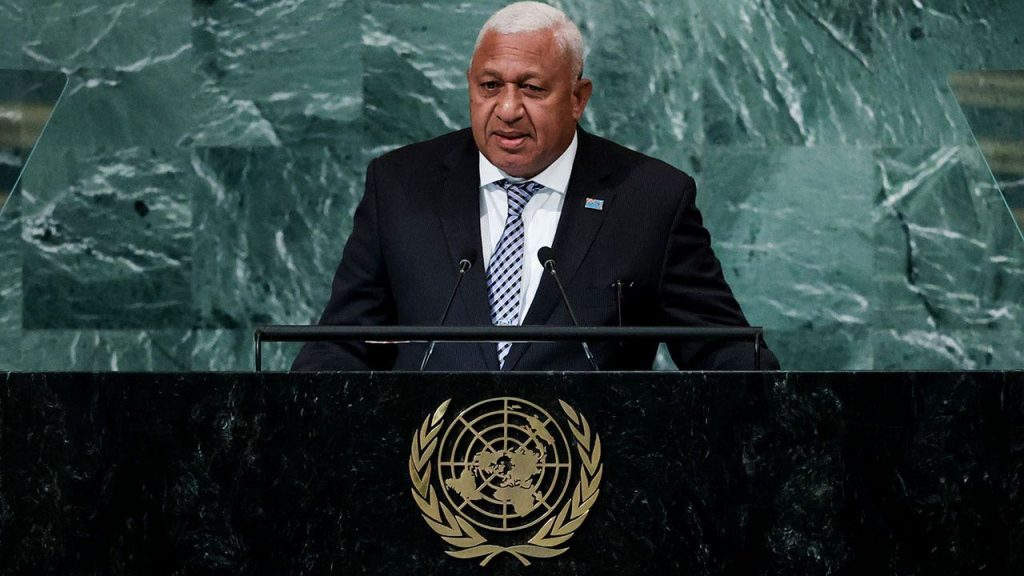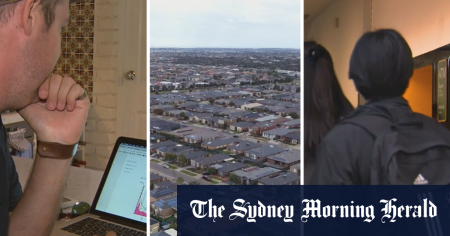Former Fijian Prime Minister Frank Bainimarama was sentenced to a year in prison for attempting to pervert the course of justice by interfering in a criminal investigation while he was in office. Acting High Court of Fiji Chief Justice Salesi Temo delivered the sentence in Suva, also sentencing suspended Police Commissioner Sitiveni Qiliho to two years in prison for abuse of office. Bainimarama had held power for 16 years, first as a military dictator and then as a democratically elected prime minister after a 2006 coup. In 2019, he ended a police investigation into allegations of financial mismanagement at the University of the South Pacific, leading to his conviction.
The University of the South Pacific, owned by 12 Pacific Island nations, had alleged financial mismanagement and abuses of funding within its administration. Prosecutors accused Bainimarama and Qiliho of ending an active police investigation into former university staff members, resulting in the charges brought against them. Despite being acquitted by a lower court judge in October, prosecutors successfully appealed the decision, leading to the conviction of both men by the High Court. The prosecutors noted that the police investigation was still ongoing and further charges could be laid.
Upon hearing his sentence, Bainimarama did not react, but his wife Mary Bainimarama broke down in tears in court. Despite his lawyers indicating that they would appeal the decision, Temo denied their application to have Bainimarama released on bail pending an appeals court hearing. Police then led Bainimarama from the court in handcuffs to a prison outside Suva, where he will serve his sentence. The former prime minister’s successor, Prime Minister Sitiveni Rabuka, who also seized power through a coup in 1987, took over leadership of the nation after the 2022 election.
The sentence of the former prime minister highlights the issue of political interference in criminal investigations and the judiciary in Fiji. The case sheds light on the challenges faced by the justice system in a country where powerful figures like Bainimarama have been able to influence legal processes. While Bainimarama’s role in ending the investigation into financial mismanagement at the University of the South Pacific was a significant factor in his sentence, the conviction also raises wider questions about accountability and transparency in the Fijian government.
The impact of Bainimarama’s conviction on the political landscape of Fiji remains to be seen, as it comes at a time of transition following the 2022 election. The sentencing of the former prime minister could have implications for the credibility of the government and the judiciary, particularly in regards to addressing corruption and upholding the rule of law. The case highlights the importance of independent oversight and accountability mechanisms to ensure that those in power are held responsible for their actions, regardless of their position or status.
The sentencing of Bainimarama and the police commissioner sends a message about the consequences of abusing power and attempting to obstruct justice in Fiji. By holding top officials accountable for their actions, the judiciary is sending a strong signal that no one is above the law, regardless of their position or influence. The case serves as a reminder of the importance of upholding the principles of justice and the rule of law in a democratic society, and the need to ensure that those in power are held to account for their actions.















